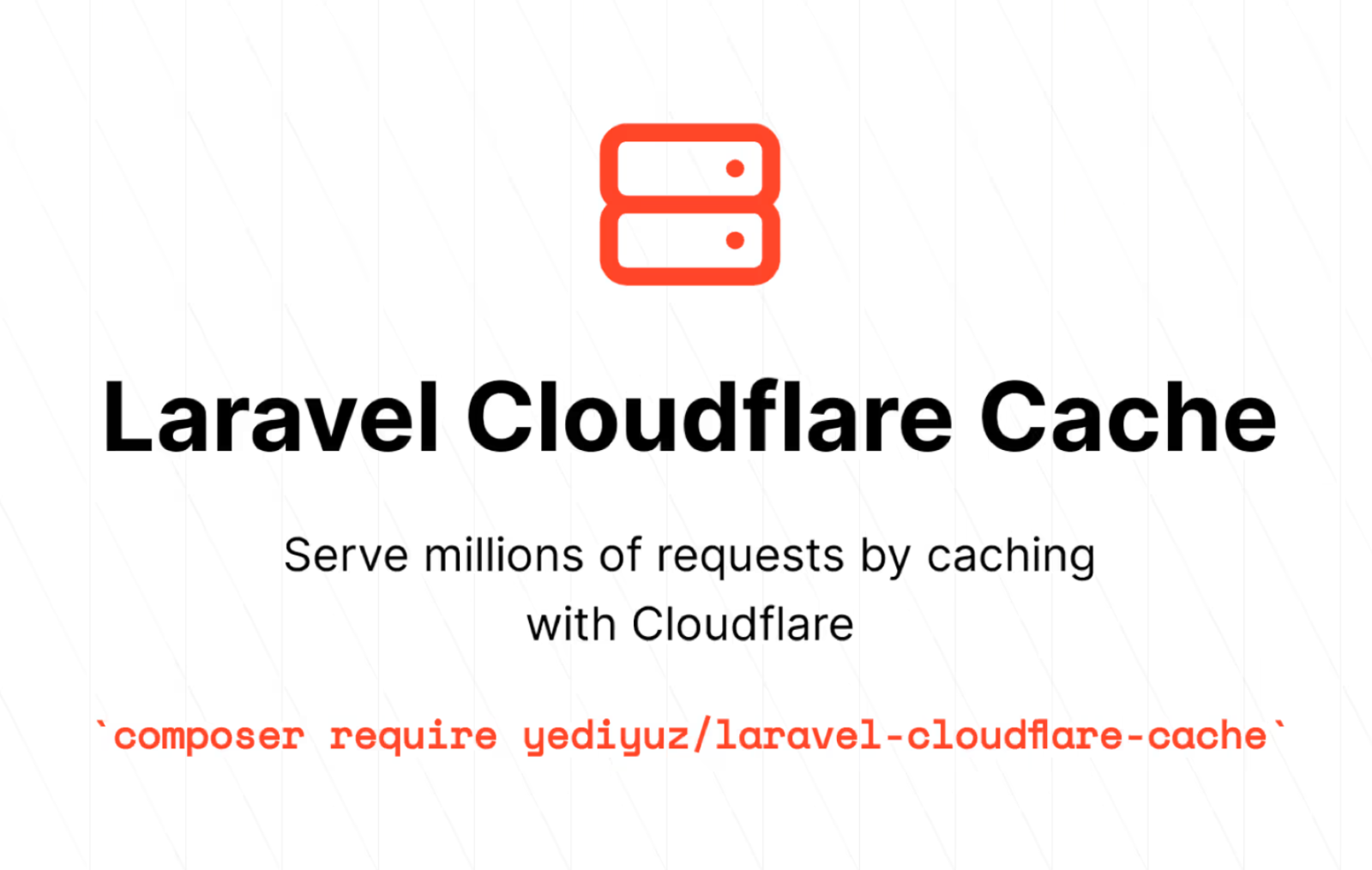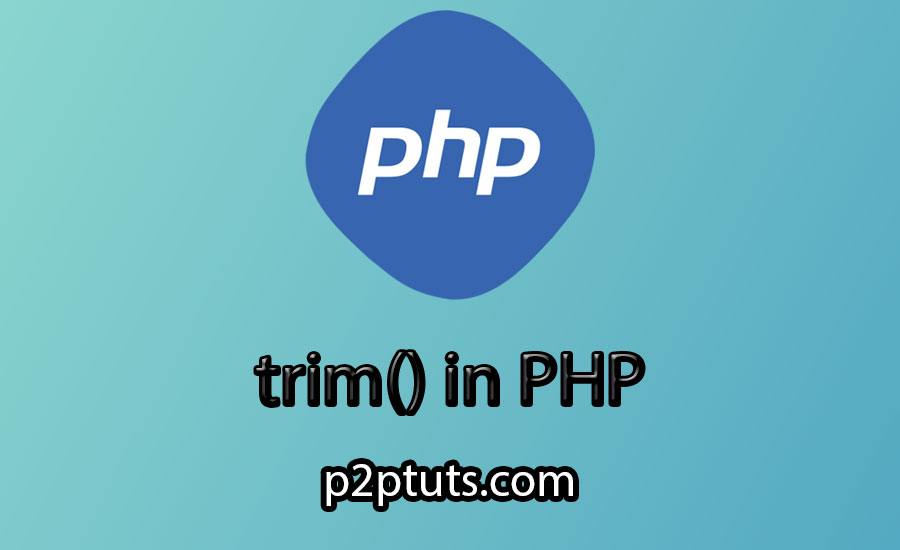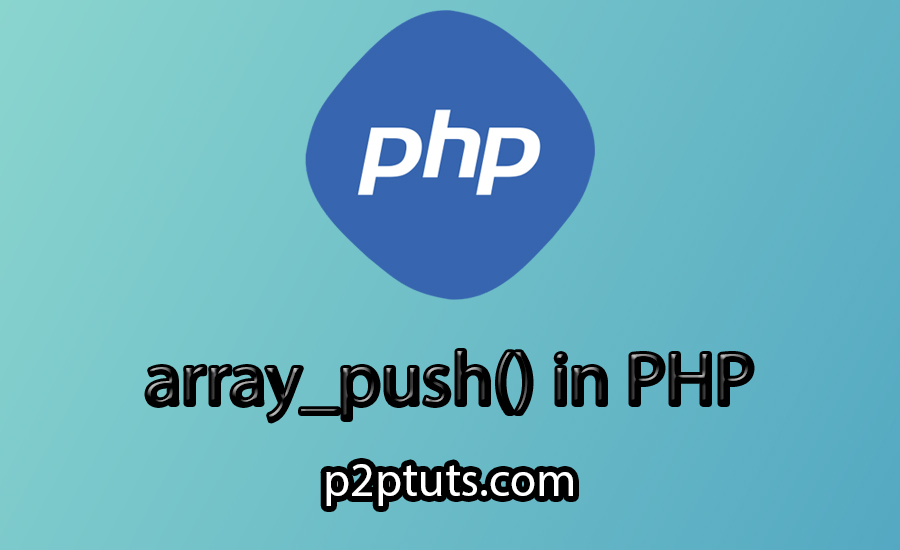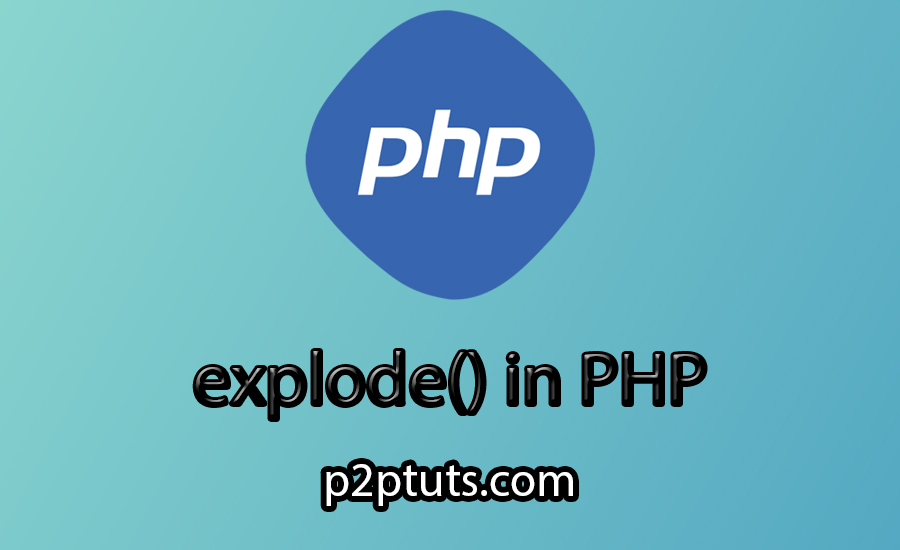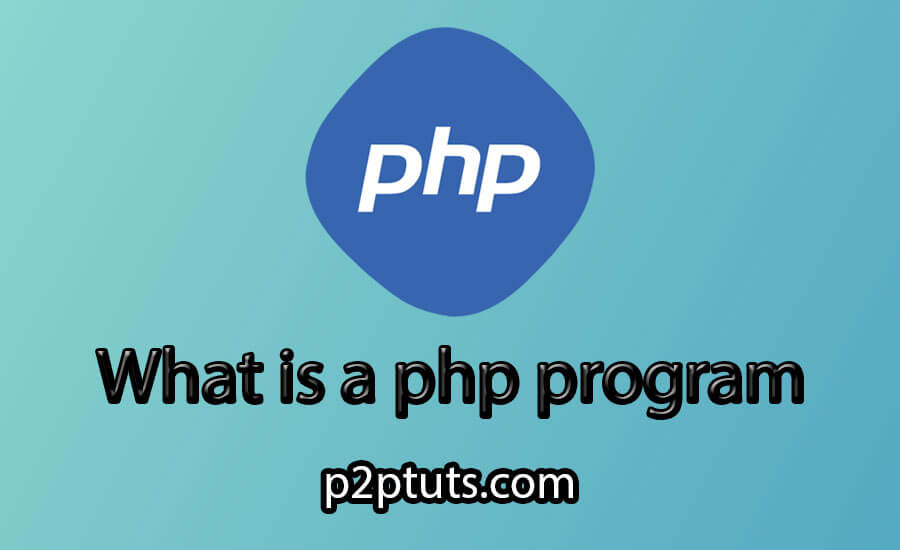
What is a php program
Introduction
In the landscape of web development, understanding What is a PHP program is paramount. PHP, or Hypertext Preprocessor, stands out as a dynamic and versatile scripting language, playing a pivotal role in crafting interactive and feature-rich web applications.
Let's delve into the intricacies of PHP, exploring its key features, advantages, practical applications, and major companies leveraging its capabilities.

Key Features of PHP
-
Dynamic and Versatile Language: PHP's dynamic nature empowers developers to create flexible and interactive web applications, making it an ideal choice for dynamic content-rich websites.
-
Support for Multiple Databases: With PHP, developers enjoy the flexibility of connecting to various databases like MySQL, PostgreSQL, SQLite, Oracle, enhancing efficient data handling.
-
Cross-Platform Compatibility: PHP's source code runs seamlessly across different operating systems, offering developers diverse deployment options on Windows, Linux, and macOS.
-
Seamless HTML Integration: PHP effortlessly integrates with HTML, facilitating a smooth blend of source code and content display on websites.
Benefits of Using PHP
-
Open Source and Cost-Effective: PHP being an open-source project allows for cost-effective development, encouraging collaboration within the programming community.
-
Optimized Performance: PHP is optimized for swift server-side processing, resulting in enhanced user experience and reduced page load times.
-
Diversity and Flexibility: With a plethora of libraries and frameworks, PHP empowers developers to build a wide range of applications, from small websites to large and complex systems.
-
Robust Community Support: The extensive and passionate PHP programming community ensures not only rapid issue resolution but also a wealth of opportunities for learning and sharing experiences.
Practical Applications of PHP
-
Dynamic Website Development: PHP is commonly employed for creating dynamic websites featuring login systems, registration forms, and interactive user interfaces.
-
Efficient Database Management: PHP's ability to connect with various database systems makes it invaluable for efficient data storage and retrieval.
-
Content Management Systems (CMS): Leading CMS platforms like WordPress, Joomla, and Drupal heavily rely on PHP for content creation and management.
Major Companies Using PHP
Renowned global companies such as Facebook, Wikipedia, Etsy, and Slack trust PHP for their web development projects, underscoring its reliability and scalability in large-scale endeavors.
PHP Similar Programming Languages
-
JavaScript: JavaScript, beyond its browser capabilities, can also run on servers through Node.js, offering possibilities for building comprehensive applications.
-
Python: Recognized for simplicity and readability, Python shares similarities with PHP and is widely used in web development.
-
Ruby: Ruby, with characteristics akin to PHP, finds application in web development and various applications.
Resources for Learning PHP
-
Official PHP Website (php.net): Explore comprehensive documentation, tutorials, and updates on PHP from the official website.
-
W3Schools: W3Schools provides beginner-friendly tutorials and practical examples for mastering PHP.
-
Stack Overflow: Engage with the PHP community on Stack Overflow for quick issue resolution and knowledge sharing.

Tips for PHP Beginners
-
Master the Basics: Develop a solid understanding of PHP's fundamental syntax, starting with variables, conditions, and loops.
-
Consistent Practice: Regularly write code, undertake small projects, and apply your knowledge in real-world scenarios.
-
Community Engagement: Participate in forums, social media groups, or community events to learn from others and share your experiences.
-
Real-World Projects: Involve yourself in practical projects to apply your knowledge and build a portfolio showcasing your skills.
Future Development Trends of PHP
PHP continues to evolve to meet the escalating demands of web development. The latest PHP 8 release introduces performance improvements and new features. Anticipate future integration with emerging technologies such as AI and blockchain, along with efforts to optimize performance and enhance security.
Conclusion
In conclusion, comprehending What is a PHP program is essential for navigating the dynamic world of web development. Whether you are a novice or an experienced developer, PHP beckons you into a realm full of challenges and opportunities, offering a diverse and vibrant landscape for innovation and growth.
